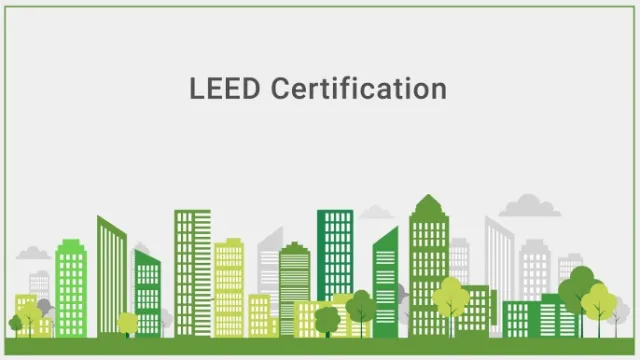Bangladesh’s ready-made garment (RMG) sector has once again demonstrated its commitment to sustainability, with five more factories earning Leadership in Energy and Environmental Design (LEED) certification from the US Green Building Council.
This latest accomplishment brings the total number of LEED-certified factories in Bangladesh to 258, including 109 with Platinum and 133 with Gold ratings. This positions Bangladesh as the global leader in eco-conscious apparel manufacturing, a status further underscored by the fact that the country is home to 68 of the world’s top 100 highest-rated LEED-certified buildings, a record no other nation has matched.
Among the new entrants, South End Sweater Co in Ashulia earned an impressive 85 points to secure the Platinum rating under the LEED BD+C: New Construction v4 standard. In Sirajganj, Purbani Fashion achieved Platinum status with 83 points, recognizing its sustainable management of an existing building. KDS Fashion in Chattogram secured Platinum with 84 points, while Raidha Collections in Mymensingh topped the list with an exceptional 90 points. Additionally, Texeurop BD in Gazipur earned a Gold certification with 70 points under the new construction category.
Mohiuddin Rubel, former director of the Bangladesh Garment Manufacturers and Exporters Association and managing director of the Bangladesh Apparel Exchange, commented that these achievements reflect the industry’s resilience, especially in the face of global challenges such as the impact of the US reciprocal tariff.
“Even in tough times, our entrepreneurs continue to prioritize investments in eco-friendly infrastructure and resource-efficient operations, demonstrating their forward-thinking approach,” Rubel said. He added that each LEED-certified factory is more than just a badge of honour; it represents a tangible effort to reduce environmental impact while enhancing Bangladesh’s standing in the global market.
Rubel emphasized that the rise of LEED-certified facilities in the country highlights Bangladesh’s proactive role in creating a greener, more responsible future for global manufacturing, setting an example for other nations in the industry.


